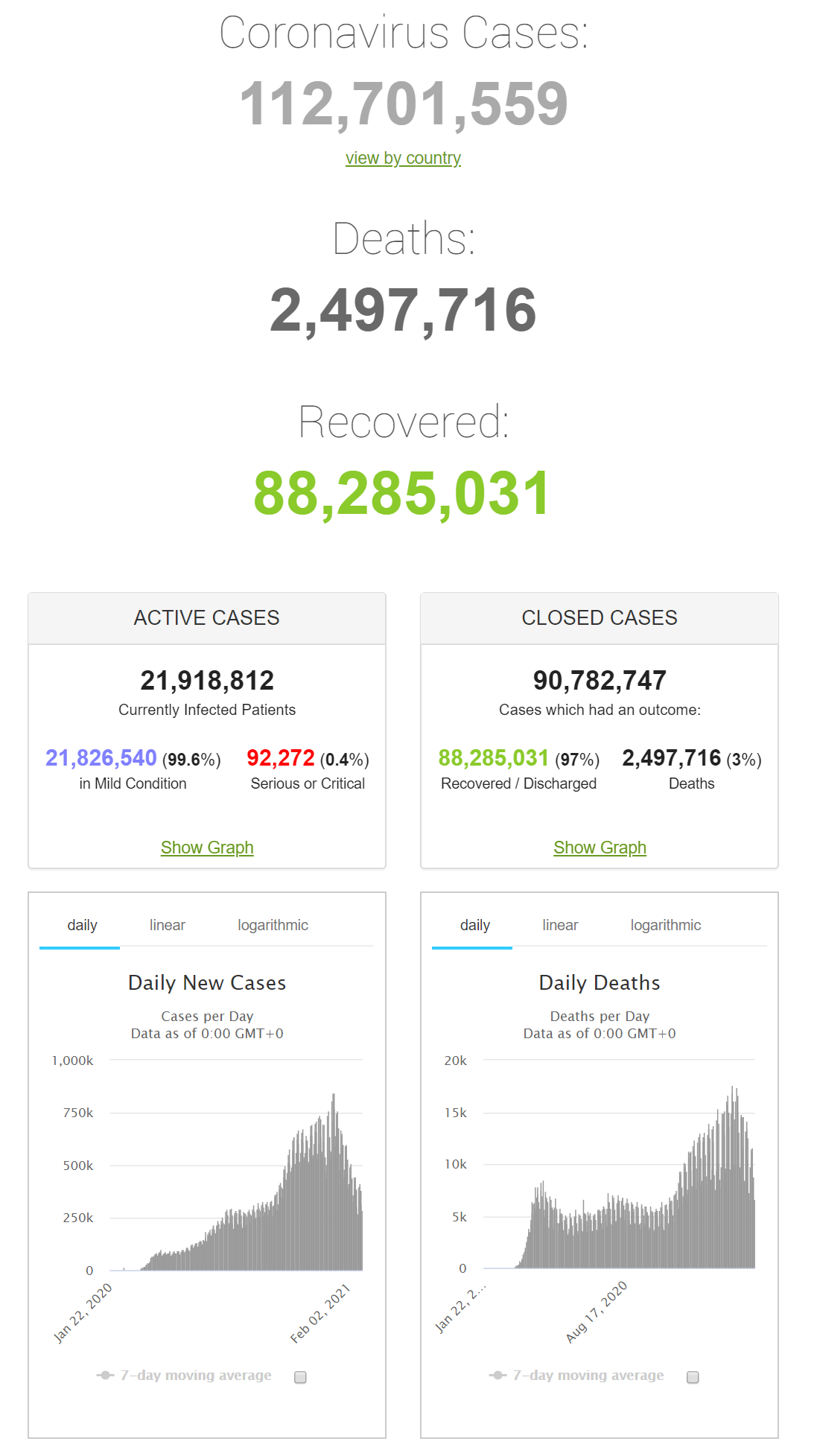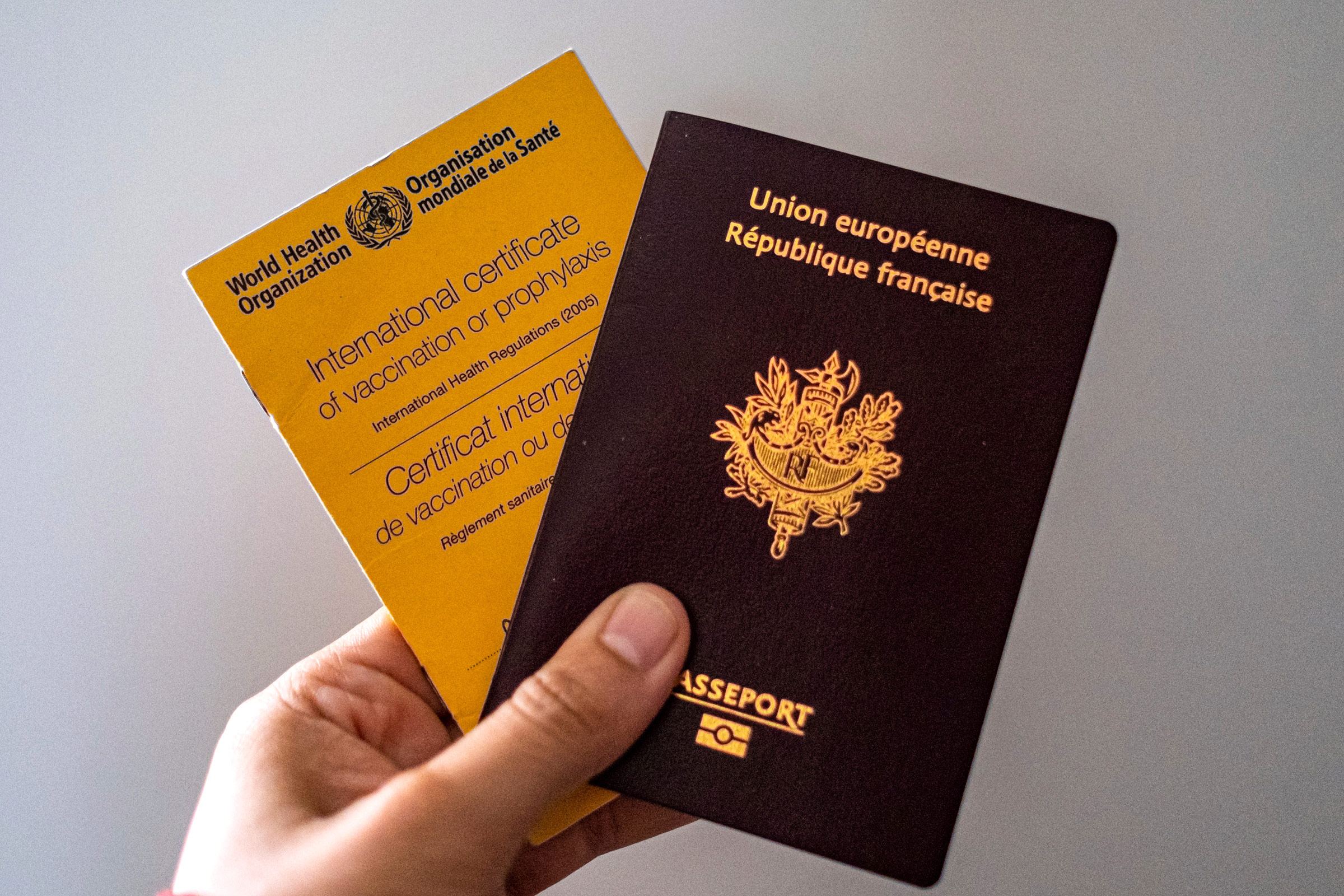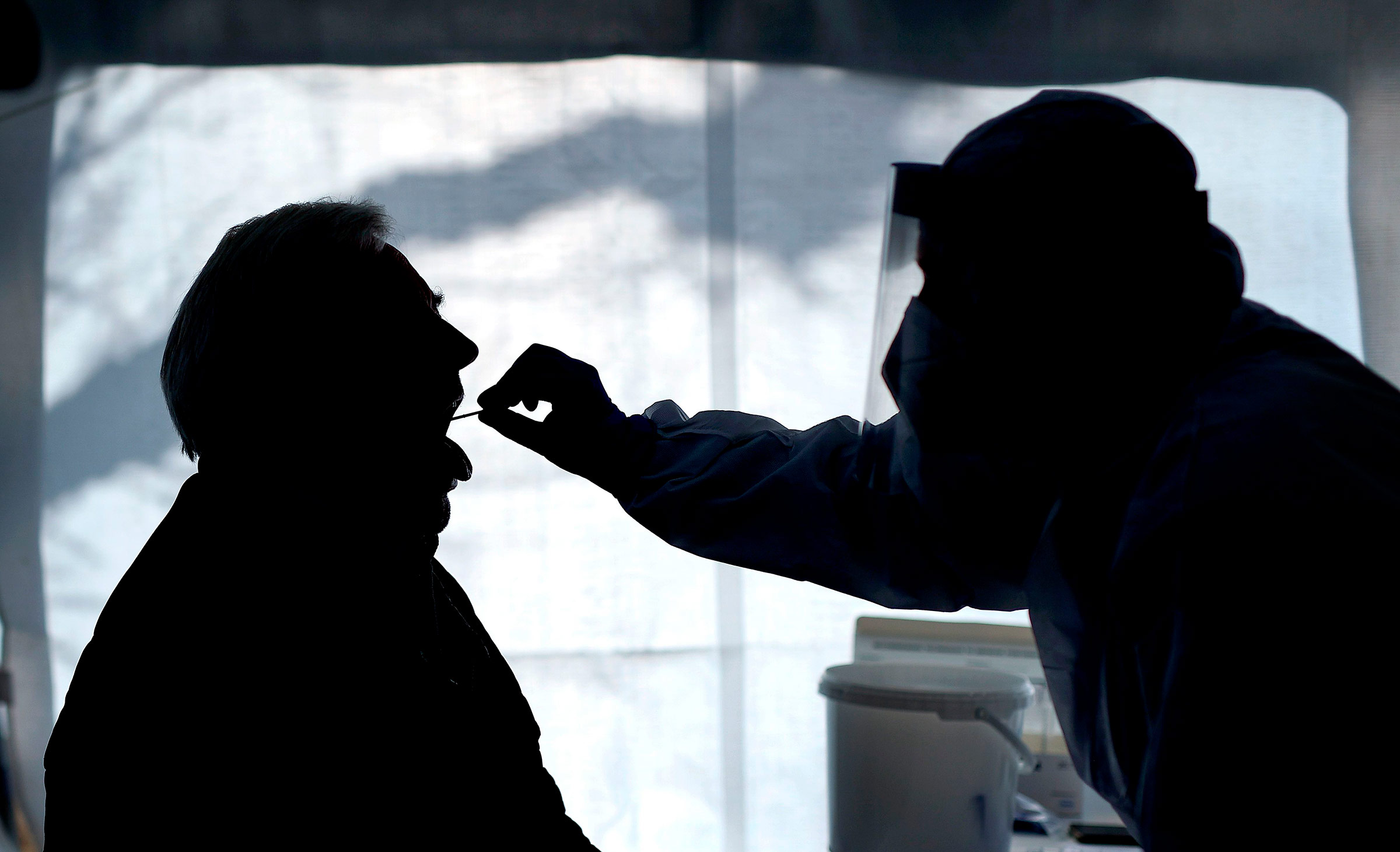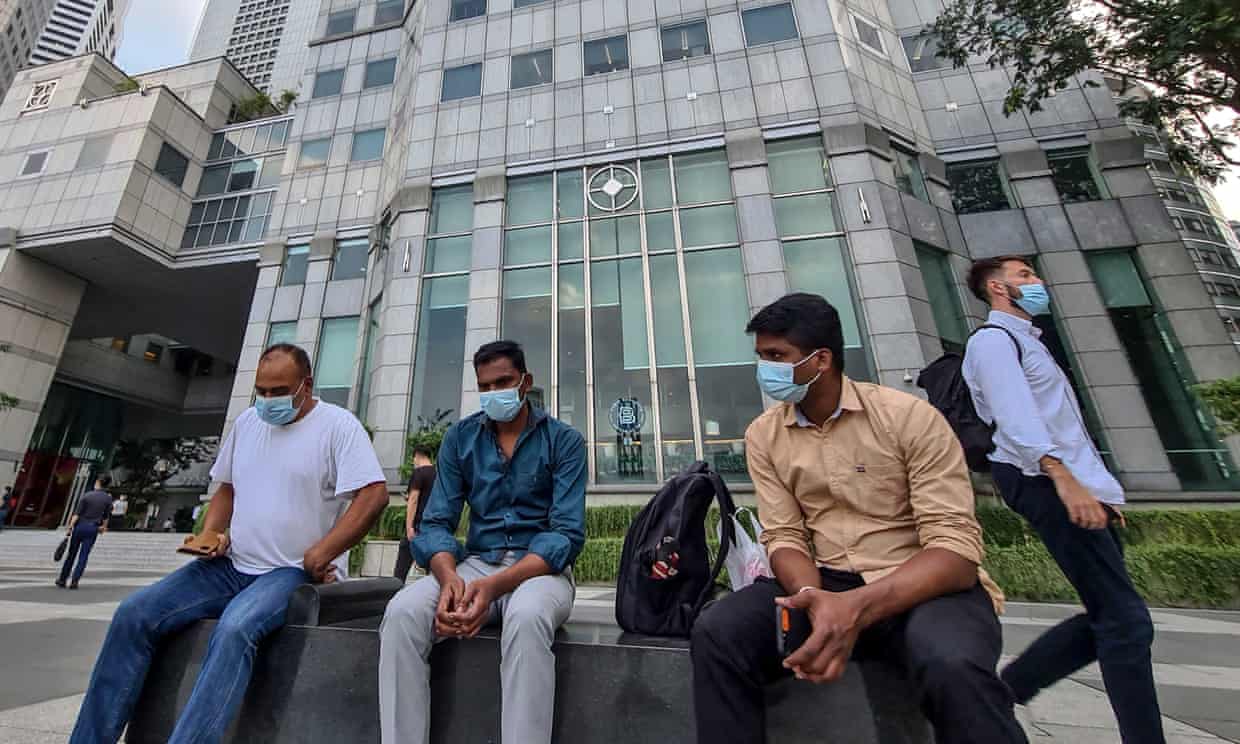
 i_need_contribute
i_need_contribute


|
Country, |
Total |
New |
Total |
|
World |
112,638,179 |
+371,324 |
2,495,418 |
|
28,897,718 |
+71,054 |
514,996 |
|
|
11,029,326 |
+13,463 |
156,598 |
|
|
10,260,621 |
+63,090 |
248,646 |
|
|
4,189,153 |
+11,823 |
84,047 |
|
|
4,134,639 |
+8,489 |
121,305 |
|
|
3,629,891 |
+20,064 |
85,044 |
|
|
3,161,432 |
+7,461 |
68,079 |
|
|
2,832,162 |
+13,314 |
96,348 |
|
|
2,655,633 |
+9,107 |
28,213 |
|
|
2,405,263 |
+5,763 |
69,214 |
|
|
2,233,589 |
+3,926 |
59,118 |
|
|
2,077,228 |
+7,477 |
51,510 |
|
|
2,043,632 |
+2,252 |
180,536 |
|
|
1,648,962 |
+6,310 |
42,436 |
|
|
1,590,605 |
+8,330 |
59,663 |
|
|
1,505,586 |
+998 |
49,413 |
|
|
1,311,844 |
+4,182 |
25,309 |
|
|
1,298,608 |
+9,775 |
35,014 |
|
|
1,293,497 |
+6,740 |
45,487 |
|
|
1,168,680 |
+11,391 |
19,618 |
|
|
1,064,598 |
+3,797 |
15,343 |
|
|
852,269 |
+2,752 |
21,762 |
|
|
805,317 |
+2,308 |
20,151 |
|
|
799,106 |
+1,032 |
16,086 |
|
|
784,711 |
+3,382 |
20,013 |
|
|
759,572 |
+4,574 |
5,634 |
|
|
755,594 |
+1,121 |
21,923 |
|
|
675,982 |
+4,181 |
13,311 |
|
|
573,384 |
+1,050 |
12,658 |
|
|
564,863 |
+1,412 |
12,107 |
|
|
551,355 |
+1,131 |
9,930 |
|
|
544,116 |
+399 |
8,374 |
|
|
481,709 |
+446 |
8,574 |
|
|
448,371 |
+1,727 |
8,434 |
|
|
442,853 |
+3,257 |
4,366 |
|
|
426,456 |
+859 |
7,529 |
|
|
407,274 |
+1,628 |
14,450 |
|
|
375,668 |
+335 |
6,470 |
|
|
375,535 |
+3,005 |
1,145 |
|
|
372,417 |
+4,139 |
4,589 |
|
|
359,337 |
+2,723 |
4,446 |
|
|
337,805 |
+718 |
5,772 |
|
|
294,790 |
+1,998 |
6,671 |
|
|
288,229 |
+2,468 |
1,076 |
|
|
280,428 |
+972 |
1,930 |
|
|
275,780 |
+812 |
15,567 |
|
|
273,666 |
+110 |
2,065 |
|
|
268,995 |
+493 |
3,457 |
|
|
243,176 |
+884 |
11,470 |
|
|
240,391 |
+1,800 |
9,978 |
|
|
240,360 |
+343 |
5,462 |
|
|
236,210 |
+328 |
3,057 |
|
|
233,424 |
+223 |
3,204 |
|
|
229,781 |
+844 |
7,843 |
|
|
216,300 |
+557 |
4,181 |
|
|
208,809 |
+692 |
2,540 |
|
|
208,556 |
+529 |
2,343 |
|
|
203,097 |
+423 |
2,785 |
|
|
194,850 |
+499 |
3,190 |
|
|
186,004 |
+1,015 |
1,057 |
|
|
185,916 |
+903 |
3,792 |
|
|
182,783 |
+2,111 |
6,343 |
|
|
179,407 |
+633 |
10,443 |
|
|
178,540 |
+1,133 |
3,823 |
|
|
176,377 |
+1,408 |
1,994 |
|
|
172,072 |
+783 |
6,315 |
|
|
170,672 |
+166 |
3,171 |
|
|
165,737 |
+642 |
4,024 |
|
|
161,344 |
+455 |
257 |
|
|
154,257 |
+716 |
2,305 |
|
|
153,790 |
+1,132 |
3,101 |
|
|
153,187 |
+571 |
1,874 |
|
|
141,783 |
+22 |
3,197 |
|
|
139,989 |
+297 |
1,557 |
|
|
136,986 |
+441 |
1,325 |
|
|
130,701 |
+489 |
2,125 |
|
|
119,205 |
+675 |
433 |
|
|
112,279 |
+185 |
2,967 |
|
|
104,500 |
+194 |
1,837 |
|
|
102,306 |
+1,021 |
1,696 |
|
|
99,917 |
+509 |
3,085 |
|
|
89,852 |
+10 |
4,636 |
|
|
87,681 |
+357 |
1,573 |
|
|
86,001 |
+72 |
1,460 |
|
|
82,462 |
+669 |
1,570 |
|
|
79,717 |
+36 |
622 |
|
|
8,880 |
+11 |
170 |
|
|
7,735 |
+43 |
71 |
|
|
2,401 |
+9 |
35 |
Retrieved from: https://www.worldometers.info/coronavirus/
From CNN's Chris Liakos in London

A person holds a World Health Organization vaccination card and a French passport. Walid Berrazeg/SOPA Images/Sipa/AP
Greece is calling for the European Union to adopt Covid-19 vaccine "passports" in order to open up tourism and allow for summer vacations.
In an interview with the Financial Times, the Minister of Tourism, Harry Theocharis, stressed that the introduction of the vaccination certificate should be a matter of immediate priority for the European Union.
"Looking at the reaction of some countries to the proposals of the Greek government regarding the vaccination certificate, there is a feeling of short-sightedness," he said. "And while there is much to be done to prepare for the opening up of tourism and the economy, nevertheless, many countries are focusing too much on the current situation. But we have to move much faster,” he said.
Theocharis said the EU needs to speed up decision making on protocols for the safe movement of European citizens from country to country.
“The European Union must adopt the vaccination certificate without delay. People need to know as soon as possible if they will be able to go on a summer vacation this year,” he urged.
Regarding the British government's ban on non-essential international travel, Theocharis said that, "I do not understand such warnings, given the progress that is being made in the UK with the vaccination rollout. I cannot understand why we are now taking steps backwards, even though we now have more and more effective tools in our 'arsenal' compared to last year -- and I mean vaccines and 'rapid tests'."
Currently, a digital certificate is issued to those Greek citizens who are vaccinated, but is not mandatory to travel to Greece. "Our goal is simply to relieve those who have acquired immunity from being re-tested for Covid-19 upon entering Greece," he said.
From CNN Health’s Lauren Mascarenhas

A health worker administers a Covid-19 test in Naumburg, Germany, on February 3. Ronny Hartmann/AFP/Getty Images
Global coronavirus cases fell by 11% in the week leading up to February 21, marking the sixth consecutive week of declining cases, the World Health Organization said Tuesday.
WHO reported 2.4 million new cases and 66,000 new deaths that week, a 20% drop in deaths from the week before.
That brings the total to 110.7 million cases and more than 2.4 million deaths since the coronavirus pandemic began, according to WHO figures. The United States is currently reporting the highest number of new cases, followed by Brazil, France, Russia and India.
WHO noted that while many countries are reporting a decline in overall coronavirus cases, reports of Covid-19 variants are increasing.
WHO said the B.1.1.7 variant first detected in the UK has now been found in 101 countries, while the B.1.351 variant first detected in South Africa has now been found in 51 countries. The less prevalent B.1.1.28.1 variant — first identified in Brazil and Japan — has now been found in 29 countries.
From CNN's Christina Maxouris, Holly Yan and Amir Vera
A new, more contagious variant of coronavirus first detected in the UK is likely to fuel a surge of cases in the spring, several experts predicted Tuesday.
The variant, called B.1.1.7, was suspected of causing renewed spread in Britain. It's been seen across much of the US -- with the US Centers for Disease Control and Prevention estimating the variant makes up for more than 1,880 cases in 45 states.
The variant could "result in more of a wave" around April or May, said Trevor Bedford with the University of Washington and the Fred Hutchinson Cancer Research Center.
So how can the US prevent the suspected spring surge? Some experts said Tuesday the best way to get ahead of the surge is through vaccinations.
Bedford, who has been closely following the rise of new coronavirus variants, predicted that vaccination and mitigation efforts, such as mask use and continued social distancing, will help prevent the virus from spreading further.
"I still do suspect that things will be brought under control in the summer, and there will be very little virus circulating," he said.
It's possible, however, that a new surge could begin in the fall, according to Bedford.
The race to vaccinate: More than 44.5 million people have received at least one dose of their two-dose vaccines, according to data Tuesday from the CDC. About 19.8 million have been fully vaccinated with both doses, the CDC said -- about 6% of the US population.
One dose of vaccine *might* be enough for some, NIH director says: It's possible a single dose of the Pfizer or Moderna vaccine might be enough for those who have already been infected with coronavirus -- but it will take more research to show that, National Institutes of Health Director Dr. Francis Collins wrote in a blog post Tuesday.
Retrieved from: https://edition.cnn.com/world/live-news/coronavirus-pandemic-vaccine-updates-02-24-21/index.html

Riding the subway in Manhattan on Monday. New York and New Jersey are adding cases at rates higher than every state except South Carolina.Credit...Jeenah Moon for The New York Times
New coronavirus cases and hospitalizations are on the downswing in the United States and around the world, but hot spots along the East Coast have been sticking around longer compared to the rest of the country.
In the current wave of regional outbreaks, eight states that border the Atlantic Ocean have seen upticks in the past few months and only recently have started to level off or decline.
South Carolina leads the nation with the highest rate of new virus cases, followed by New York, New Jersey, Rhode Island, North Carolina, Florida, Delaware and Georgia.
It has become a familiar pattern across the country — cases go up in one region, and down in another — a sequence driven in some part by weather. A few months ago, the Upper Midwest, where it starts to get cold in the fall, was outpacing other regions in new infections. And before that, cases in the Sunbelt surged.
“It’s whack-a-mole,” said Leana Wen, an emergency physician and public health professor at George Washington University. “One part of the country sees a surge, and then another, and then it declines.”
In New York City on Tuesday, Mayor Bill de Blasio said that he believed the city’s case numbers and positive test rates had not declined more dramatically because of population density, a legacy of poverty and a high number of New Yorkers without health care.
“There’s challenges for sure,” Mr. de Blasio said at a news conference. “But I feel very good about our ability to turn it around with intensive vaccination — if we can get supply.”
According to health data, the city’s seven-day average positive test rate was 7.3 percent on Sunday, the latest day for which data was available, down from a recent peak of 9.7 percent from Jan. 2-4. (New York State, which compiles testing data and calculates statistics differently from the city, most recently reported the city’s seven-day average at 4.49 percent, down from 6.4 percent on Jan. 4-7.)
New cases have declined to half their peak globally, largely because of steady improvements in some of the same places that endured devastating outbreaks this winter. The global decline has been driven by six countries, led by the United States, which still leads the world in the number of new cases a day, based on a seven-day average, followed by Brazil and France.
Public health experts in the worst-hit countries attribute the progress to some combination of increased adherence to social distancing and mask wearing, the seasonality of the virus and a buildup of natural immunity among groups with high rates of existing infection.
“It’s a great moment of optimism, but it’s also very fragile in a lot of ways,” said Wafaa El-Sadr, an epidemiologist at Columbia University’s Mailman School of Public Health. “We see the light at the end of the tunnel, but it’s still a long tunnel.”
The emergence of new variants of the virus, however, has caused great concern, increasing the pressure to get people vaccinated as soon as possible. A variant first found in Britain is spreading rapidly in the United States, and it has been implicated in surges in Ireland, Portugal and Jordan. The variant first found in South Africa, which weakens the effectiveness of vaccines, has also surfaced in the United States.
Retrieved from: https://www.nytimes.com/live/2021/02/23/world/covid-19-coronavirus/as-virus-cases-decline-across-the-us-the-east-coast-lags-behind

Palestinians take a selfie after receiving the coronavirus vaccine from an Israeli medical team at the Qalandia checkpoint between the West Bank city of Ramallah and Jerusalem on Tuesday.Credit...Oded Balilty/Associated Press
JERUSALEM — The Israeli government promised to send thousands of extra Covid-19 vaccines to friendly nations like the Czech Republic and Honduras, but critics have rekindled a debate about Israel’s responsibilities to vaccinate Palestinians living under Israeli occupation.
On Tuesday, the governments of the Czech Republic and Honduras confirmed that Israel had promised them each 5,000 vaccine doses manufactured by Moderna. The Israeli news media reported that Hungary and Guatemala would be sent a similar number, but the Hungarian and Israeli governments declined to comment, while the Guatemalan government did not respond to a request for comment.
The donations are the latest example of a new expression of soft power: vaccine diplomacy, in which countries rich in vaccines seek to reward or sway those that have little access to them.
Jockeying for influence in Asia, China and India have donated thousands of vaccine doses to their neighbors. The United Arab Emirates has done the same for allies like Egypt. And last week, Israel even promised to buy tens of thousands of doses on behalf of the Syrian government, a longtime foe, in exchange for the return of an Israeli civilian detained in Syria.
The vaccines allocated on Tuesday were given without conditions, but they tacitly reward recent gestures from the receiving countries that implicitly accept Israeli sovereignty in Jerusalem, which both Israelis and Palestinians consider their capital.
Israel has given at least one shot of the two-dose, Pfizer-manufactured vaccine to just over half its own population of nine million — including to people living in Jewish settlements in the occupied Palestinian territories — making it the world leader in vaccine rollouts. That has left the Israeli government able to bolster its international relationships with its surplus supply of Moderna vaccines.
But the move has angered Palestinians because it suggests that Israel’s allies are of greater priority than the Palestinians living under Israeli control in the occupied territories, almost all of whom have yet to receive a vaccine.
Israel has pledged at least twice as many doses to faraway countries as it has so far promised to the nearly five million Palestinians living in the West Bank and Gaza Strip.
Retrieved from: https://www.nytimes.com/live/2021/02/23/world/covid-19-coronavirus/israel-is-donating-vaccines-to-allies-while-palestinians-wait

Rhesus macaques are the primary species of monkey that are bred at the Tulane University National Primate Research Center in Covington, La.Credit...Bryan Tarnowski for The New York Times
The world needs monkeys, whose DNA closely resembles that of humans, to develop Covid-19 vaccines. But a global shortage, resulting from the unexpected demand caused by the pandemic, has been exacerbated by a recent ban on the sale of wildlife from China, the leading supplier of the lab animals.
The latest shortage has revived talk about creating a strategic monkey reserve in the United States, an emergency stockpile similar to those maintained by the government for oil and grain.
As new variants of the coronavirus threaten to make the current batch of vaccines obsolete, scientists are racing to find new sources of monkeys, and the United States is reassessing its reliance on China, a rival with its own biotech ambitions.
The pandemic has underscored how much China controls the supply of lifesaving goods, including masks and drugs, that the United States needs in a crisis.
American scientists have searched private and government-funded facilities in Southeast Asia as well as Mauritius, a tiny island nation off southeast Africa, for stocks of their preferred test subjects, rhesus macaques and cynomolgus macaques, also known as long-tailed macaques.
But no country can make up for what China previously supplied. Before the pandemic, China provided over 60 percent of the 33,818 primates, mostly cynomolgus macaques, imported into the United States in 2019, according to analyst estimates based on data from the Centers for Disease Control and Prevention.
The United States has about 22,000 lab monkeys — predominantly pink-faced rhesus macaques — at its seven primate centers. About 600 to 800 of those animals have been subject to coronavirus research since the pandemic began.
Scientists say monkeys are the ideal specimens for researching coronavirus vaccines before they are tested on humans. The primates share more than 90 percent of our DNA, and their similar biology means they can be tested with nasal swabs and have their lungs scanned. Scientists say it is almost impossible to find a substitute to test Covid-19 vaccines in, although drugs such as dexamethasone, the steroid that was used to treat former President Donald J. Trump, have been tested in hamsters.
The United States once relied on India to supply rhesus macaques. But in 1978, India halted its exports after Indian news outlets reported that the monkeys were being used in military testing in the United States. Pharmaceutical companies searched for an alternative, and eventually landed on China.
But the pandemic upset what had been a decades-long relationship between American scientists and Chinese suppliers.
Retrieved from: https://www.nytimes.com/live/2021/02/23/world/covid-19-coronavirus/future-vaccines-depend-on-test-subjects-in-short-supply-monkeys

Singapore is discussing the mutual recognition of vaccine certificates with other countries, Prime Minister Lee Hsien Loong said, calling it a necessary step towards resuming global travel, Reuters reports.
Singapore, a regional travel and tourism hub, has been rolling out its Covid-19 vaccination programme over the last two months. It has approved shots from Pfizer-BioNTech and Moderna.
A group of men wearing masks sit on a bench in the financial district of Singapore, 16 February 2021. Photograph: Wallace Woon/EPA
Singapore’s economy, which recorded its worst recession in 2020 due to the pandemic, is staging an uneven recovery this year and a return of more business and tourism travel would be a boost for the city state.
Greece, Spain and Britain are among other nations looking into the idea of vaccine certificates or so-called vaccine passports in a bid to revive economies and travel.
Here are the key developments from the last few hours:
· AstraZeneca to deliver less than half promised doses to EU in second quarter – report. AstraZeneca Plc has told the European Union it expects to deliver less than half the Covid vaccines it was contracted to supply in the second quarter, an EU official told Reuters on Tuesday. Contacted by Reuters, AstraZeneca did not deny what the official said, but a statement late in the day said the company was striving to increase productivity to deliver the promised 180 million doses.
· The World Health Organization said global deaths from coronavirus-related complications have declined by 20% in the last week, with cases dropping for the sixth consecutive week worldwide. Deaths have been falling for three consecutive weeks.
· Japan regions are pushing to a end state of emergency as virus infections fall. Regional authorities in Japan have urged that emergency pandemic measures be lifted before a scheduled date of 7 March, as new coronavirus cases trend lower, the economy minister said, adding that the government would consult experts before it agreed.
· An Australian doctor has been stood down after an 88 year-old man and a 94-year-old woman were each given four times the recommended dose of the Pfizer coronavirus vaccine.
· One of New Zealand’s largest high schools has closed again after another student and t wo siblings tested positive for Covid. Health authorities have been trying to test and contact-trace all 1,500 students, but were unable to find and test a small number of pupils and their families.
· Thailand received its first 200,000 doses of Sinovac Biotech’s CoronaVac, the country’s first batch of coronavirus vaccines, with inoculations set to begin in a few days.
· US to vote on Covid relief bill on Friday. The US House of Representatives will vote on Friday on legislation to provide $1.9 trillion in new coronavirus relief, Representative Steny Hoyer, the chamber’s No 2 Democrat, said.
· Singapore is discussing the mutual recognition of vaccine certificates with other countries, Prime Minister Lee Hsien Loong said, calling it a necessary step towards resuming global travel.
· French ICU patients with Covid hit a 12-week high. The number of patients treated in intensive care units for Covid-19 in France has reached a 12-week peak of 3,435, as regional officials urge for a ban on public gatherings and consider a partial weekend lockdown.
· Ireland extended its lockdown. Ireland is to start reopening some schools next week but is extending other lockdown restrictions until April to prevent another explosion in Covid-19 cases.